Efficient Automation
Automate complex commission calculations, including approvals, adjustments, and payouts, ensuring accurate and timely payouts.
Technology
Supercharge the commission calculation process.
Incentivize
Analyze
Integrate
Model
Automate
Inflexible software? Manual processes? Unmotivated sales reps? It’s time to revisit your sales performance management software and strategy.
Sales Performance Management (SPM) software addresses these issues by:
This leads to improved motivation and performance among sales reps, ultimately driving better results, operational efficiency, and increased profitability.
Don't let these revenue-hindering issues hold you back. By reconfiguring your current software setup or selecting a better solution, you can unlock significant improvement in your organization’s sales performance and revenue.
Automate complex commission calculations, including approvals, adjustments, and payouts, ensuring accurate and timely payouts.
Capacity planning allows you to effectively forecast and allocate sales resources to meet future demand, ensuring optimal team performance and revenue targets.
Ensure incentive programs comply with regulatory requirements and internal policies. Access audit trails and documentation crucial for demonstrating compliance and governance to stakeholders.
Design and implement adaptable incentive plans that motivate sales teams. This flexibility facilitates the customization of incentive programs to meet the specific needs of different teams or regions.
Integrate seamlessly with numerous data sources, including CRMs and ERP systems, leveraging data for better decision-making. Access built-in advanced workflows and complete end-to-end data security, guaranteeing sensitive compensation data is visible only to authorized individuals or groups.
Use an AI-capable analytics engine to inform your compensation data. Identify overperforming/underperforming payees for training purposes and manage your comp spend.
Gain transparency into incentive calculations and performance metrics, enabling real-time progress tracking for sales teams. This visibility motivates employees and enhances overall performance.
Follow sales transactions from the moment they’re received to final calculation with the Research View. It’s useful in identifying where a calculated result didn't match with what was expected, resolving any payment disputes quickly and easily.
Engage in go-to-market planning by aligning sales strategies with performance metrics to optimize resource allocation and drive revenue growth.

Canidium has extensive experience with SAP, Xactly, and Varicent SPM software. Share your use case, budget, pain points, and goals, and we’ll gladly guide your vendor selection.


What are your current processes? Pain points? Goals? Through interviews, workshops, and documentation review, we assess your requirements to identify the key objectives of the SPM implementation.
You’ll work closely with the implementation team to align the SPM solution with your business goals and processes. This may involve mapping out current workflows, defining new processes, and creating a roadmap for the implementation.
During implementation, we’ll configure the SPM software to meet your specific requirements, integrate it with other systems (such as CRM and ERP), and test the solution.
Once the SPM solution is implemented, the focus shifts to managing and maximizing its performance. We’ll train users, monitor system performance, and adjust as needed to optimize the solution.
We’ll work with you to promote the benefits of the SPM solution within your organization. This involves highlighting success stories, conducting training sessions, and providing ongoing support to ensure the project’s success.
Your business needs will change. We’ll evaluate and evolve the SPM solution by implementing new features when appropriate, exploring integrations, and optimizing processes to improve performance and ROI.
With a robust SPM solution in place, your organization is poised for sustained sales growth.
Automates complex commission calculations for tiered, split, and multi-dimension commission structures
Enhances sales performance through real-time metrics and gamification elements
Adopts changing compensation rules for evolving business needs
Focus more on selling activities and customer interactions by eliminating manual processes and paperwork
Centralizes commissions-related data and ensures unerring accuracy
Provides analytics and reporting capabilities to monitor and optimize commission plans
Featured Article
Upgrade your Oracle to SAP HANA seamlessly with this step-by-step guide. Learn about the benefits, processes, and considerations for a successful transition.
Learn the differences between managed services and staff augmentation for...
Upgrade your Oracle to SAP HANA seamlessly with this step-by-step guide....
Explore how SPM enhances visibility, accuracy, efficiency, and cost...
Learn how processes audits can optimize sales processes, align with...
Explore the benefits of strategic performance management in holiday bonus...
Explore precision in implementing Sales Performance Management (SPM)...